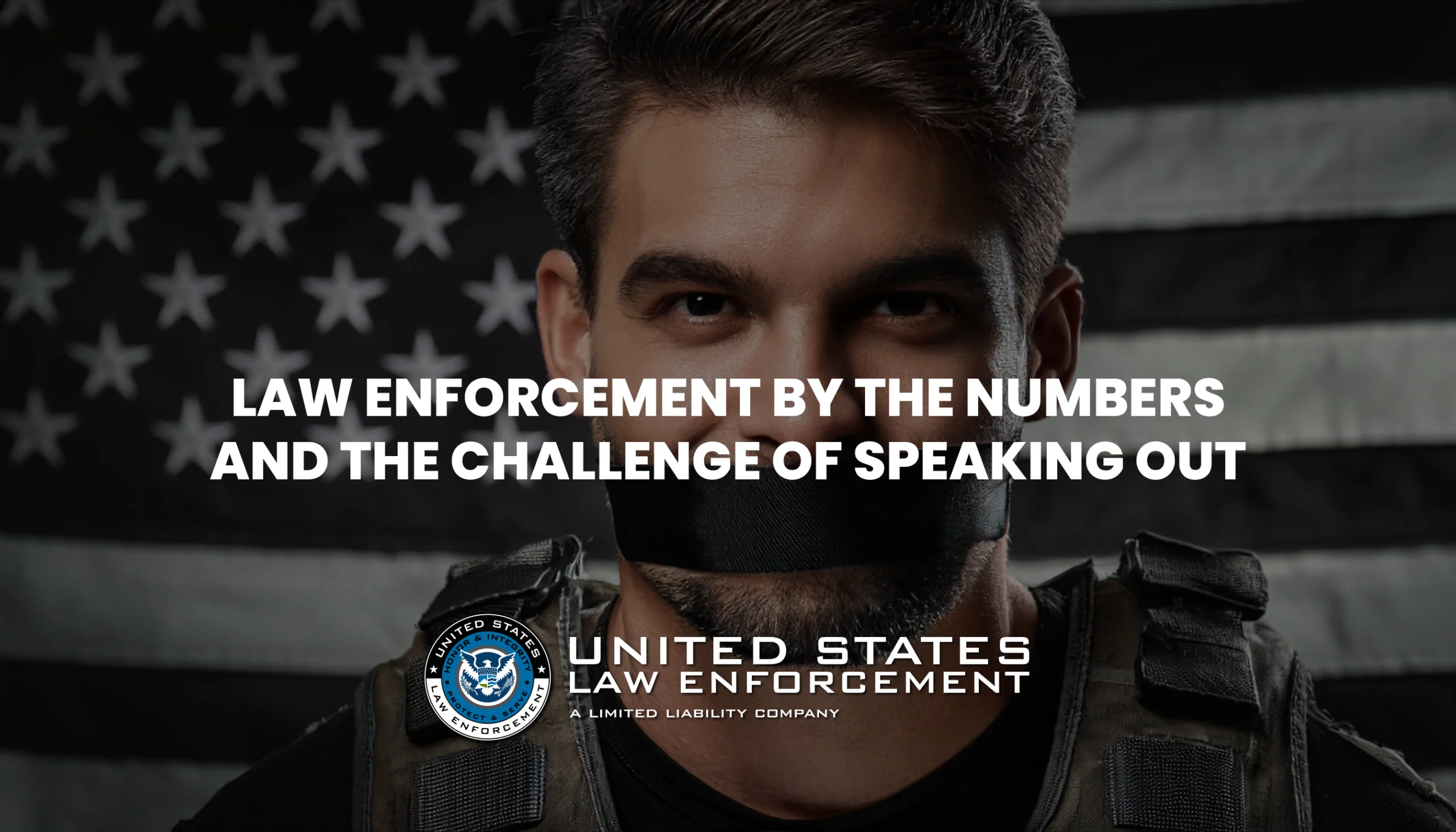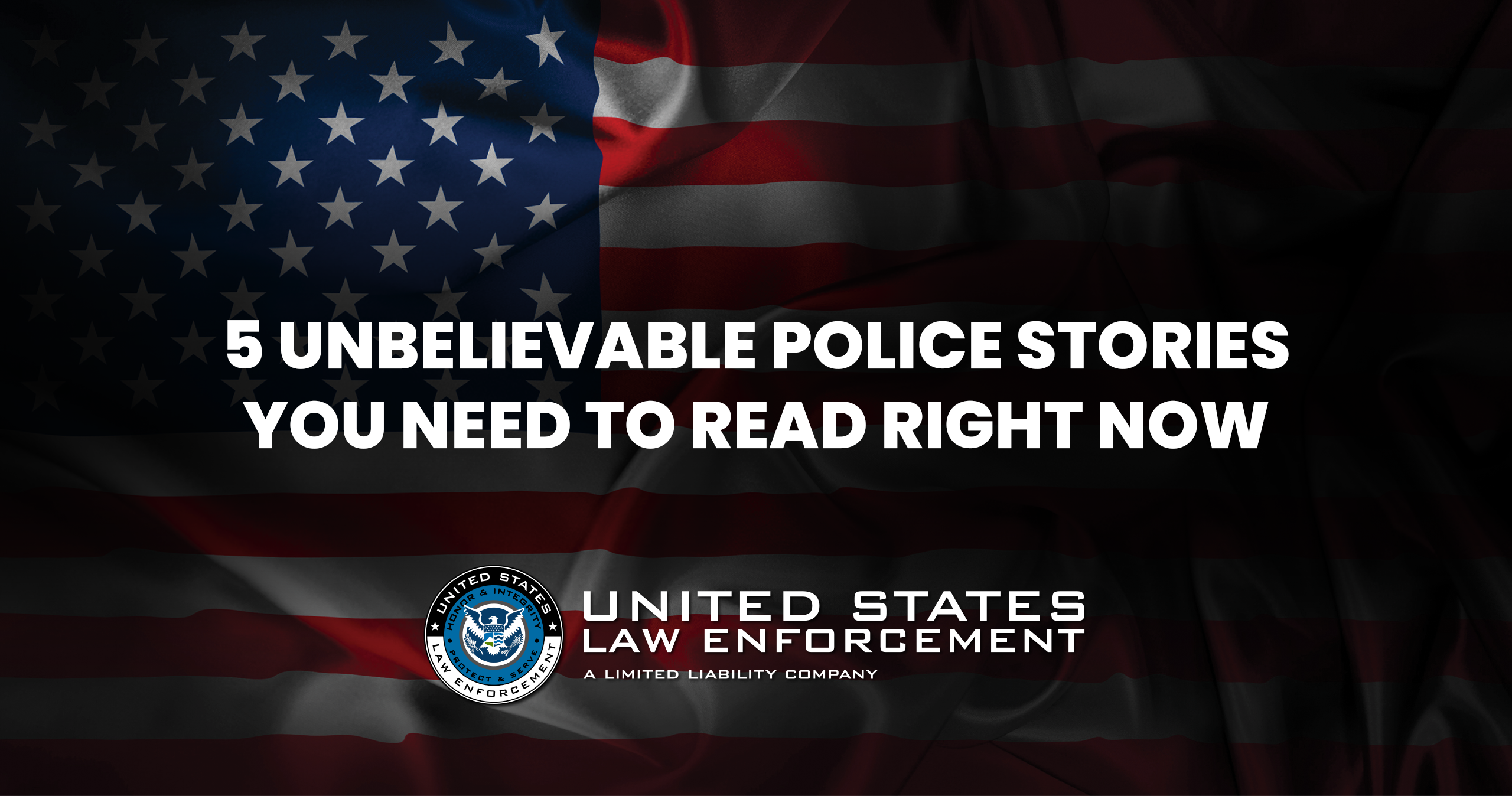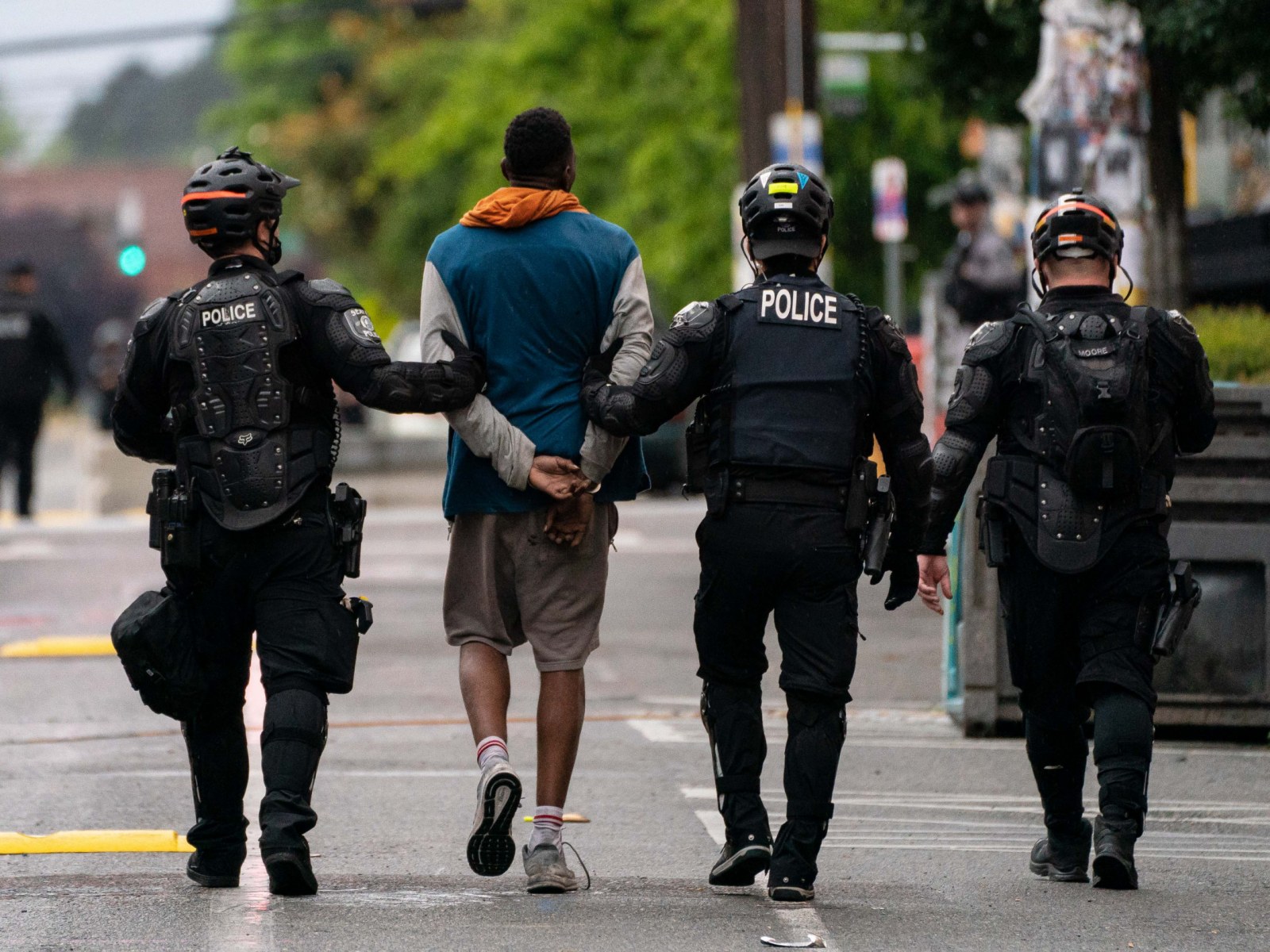Why Are Police Called 12? Unveiling The Origins And Meaning Behind The Term
So, you've probably heard people refer to the police as "12" in movies, songs, or even casual conversations. But have you ever wondered why they're called that? It's not just some random number—it has a deeper history and significance that dates back to the early days of law enforcement. Let's dive into the fascinating story behind why police are called "12" and uncover the secrets behind this mysterious term.
If you're into crime dramas, hip-hop music, or just plain curious about police lingo, you've likely stumbled upon the term "12" being used to describe law enforcement. It's not just a nickname—it's a code word that's been around for decades. But where did it come from? And why "12" specifically? In this article, we'll break it down for you and give you all the insider info you need to know.
Understanding why police are called "12" isn't just about learning a slang term—it's about exploring the culture, history, and even the slang that surrounds law enforcement. Whether you're a fan of hip-hop, a history buff, or just curious about the world around you, this article will give you the lowdown on everything you need to know. So, buckle up and let's get started!
- Hilary Farrs Son A Closer Look Into Their Lives And Stories
- Criminal Minds Derek A Deep Dive Into The Iconic Character
What Does "12" Mean in Police Slang?
When we talk about "12" in the context of police, it's more than just a number—it's a term that represents authority, power, and sometimes even fear. In slang, "12" is often used by people in communities to refer to the police without directly saying "police" or "cops." This code language has been around for years and is especially popular in hip-hop culture and street slang.
But why "12"? Some theories suggest it comes from old radio codes used by law enforcement, while others point to cultural references in music and movies. Whatever the origin, the term has stuck and become a staple in modern slang. Here's a quick breakdown of what "12" means and how it's used:
- "12" is a shorthand way of referring to police or law enforcement.
- It's often used in situations where people want to avoid directly mentioning the police.
- The term is commonly heard in hip-hop lyrics, where artists use it to describe encounters with the law.
Why Is "12" Used Instead of "Police"?
Using "12" instead of "police" isn't just about being clever—it's about staying safe. In many communities, especially those that have had tense relationships with law enforcement, using code words like "12" helps people communicate without drawing attention. It's a way of protecting yourself and others while still spreading the message.
- Central Cees Girlfriend The Untold Story Behind The Scenes
- Tatum Oneal Partner A Deep Dive Into Her Relationships Life And More
Think about it: if someone yells "12!" in a neighborhood, everyone knows what it means without needing to say "the police are coming." It's a quick, efficient way of warning others without causing a scene. This kind of coded language has been around for generations and is still widely used today.
Where Did the Term "12" Originate?
The origins of "12" as a term for police are a bit murky, but most experts agree that it likely comes from old police radio codes. In the early days of law enforcement, officers used numbered codes to communicate over radios. One of these codes, "Code 12," was often used to refer to police activity or officers on patrol. Over time, the term "12" stuck and became a shorthand way of referring to law enforcement.
But radio codes aren't the only possible origin. Some people believe "12" comes from the idea of a "12 o'clock" position, which is often used in military and law enforcement to describe someone or something directly ahead. In this context, "12" could mean "the police are coming straight at you," which makes sense in terms of warning others.
Is "12" Only Used in the U.S.?
While "12" is most commonly associated with American slang, similar terms exist in other countries. For example, in the UK, people might use "feds" or "coppers" to refer to police, while in Australia, "plods" is a popular term. The idea of using code words to describe law enforcement is universal, and different cultures have their own unique ways of doing it.
What makes "12" special is its connection to hip-hop culture, which has global reach. As hip-hop spread around the world, so did the term "12," making it a recognizable slang term in many countries. Whether you're in New York, London, or Tokyo, chances are you've heard someone use "12" to describe the police.
The Role of Hip-Hop in Popularizing "12"
Hip-hop has played a huge role in popularizing the term "12" and bringing it into mainstream consciousness. From classic tracks by Tupac and Notorious B.I.G. to modern hits by Kendrick Lamar and J. Cole, the term "12" has been used countless times in rap lyrics to describe encounters with law enforcement.
Why is hip-hop so closely tied to police slang? For one, many hip-hop artists come from communities that have experienced tension with the police. Their music often reflects these experiences, using terms like "12" to describe the complex relationship between law enforcement and the communities they serve. It's not just about the words—it's about the stories behind them.
Classic Songs That Use "12"
If you're looking for examples of "12" in hip-hop, there are plenty to choose from. Here are a few classic tracks that use the term:
- "California Love" by Tupac: "When I see the 12, I gotta keep it real."
- "Juicy" by Notorious B.I.G.: "Now I'm in the limelight 'cause I rhyme tight, but I see the 12, so I gotta keep it tight."
- "Alright" by Kendrick Lamar: "We hate po-po, wanna kill us dead in the street for sure."
These songs not only use "12" as a term for police but also explore the broader themes of power, resistance, and community. They give listeners a glimpse into the realities of life in neighborhoods where police presence is a constant reality.
How Has the Meaning of "12" Evolved Over Time?
Like many slang terms, the meaning of "12" has evolved over the years. In the early days, it was primarily used as a warning or code word to alert others about police presence. Today, it's used in a variety of contexts, from casual conversations to social media posts. The term has also taken on new meanings in different communities, depending on their relationship with law enforcement.
In some places, "12" is still seen as a negative term, representing authority and control. In others, it's used more neutrally, simply as a way of describing the police without any emotional baggage. This evolution reflects the changing dynamics between law enforcement and the communities they serve.
Does "12" Have Different Meanings in Different Cultures?
Absolutely! While "12" is generally understood to mean police, its connotations can vary depending on the cultural context. In some communities, it's seen as a term of resistance, used to challenge authority and assert independence. In others, it's a more neutral term, simply a way of describing law enforcement without any judgment.
Understanding these differences is key to appreciating the complexity of slang and its role in shaping cultural identities. Whether you're in a big city or a small town, the term "12" likely means something slightly different to the people around you.
The Impact of "12" on Law Enforcement Perception
The use of slang terms like "12" to describe police has had a significant impact on how law enforcement is perceived by the public. For some, it reinforces negative stereotypes about the police, while for others, it's simply a way of acknowledging their presence in daily life. The term "12" has become a symbol of the complex relationship between law enforcement and the communities they serve.
But it's not just about perception—it's also about communication. Using terms like "12" can create barriers between law enforcement and the public, making it harder for officers to build trust and establish positive relationships. On the other hand, it can also serve as a starting point for conversations about how to improve these relationships and create a more equitable society.
Can Slang Terms Like "12" Help Bridge the Gap?
While slang terms like "12" might seem divisive, they can also serve as a bridge between law enforcement and the communities they serve. By understanding the language and culture of the people they work with, officers can build trust and establish better communication. This doesn't mean adopting slang terms themselves, but rather listening to and respecting the ways people choose to express themselves.
Ultimately, the goal is to create a more inclusive and understanding environment where everyone feels safe and respected. Whether you're a police officer, a community member, or just someone curious about the world around you, understanding the meaning behind terms like "12" is an important step toward achieving that goal.
Real-Life Examples of "12" in Action
To get a better understanding of how "12" is used in real-life situations, let's look at a few examples. Imagine you're walking down the street and someone yells "12!" What does that mean? It means the police are nearby, and you should be aware of your surroundings. This kind of warning is common in neighborhoods where police presence is a regular occurrence.
Or consider a situation where someone uses "12" in a conversation. For example, "I was minding my own business when the 12 pulled up and started asking questions." This kind of language is a way of describing an encounter with the police without directly saying "the police." It's a subtle but powerful way of communicating.
How Do People React When They Hear "12"?
Reactions to hearing "12" can vary depending on the context and the person's relationship with law enforcement. Some people might immediately become cautious or defensive, while others might simply acknowledge the presence of the police and move on. The key is understanding the cultural and emotional significance of the term and respecting the perspectives of others.
Whether you're in a neighborhood where "12" is a common term or you're just learning about it for the first time, it's important to approach the subject with an open mind and a willingness to learn. After all, language is a powerful tool, and the words we choose can have a big impact on how we perceive the world around us.
Conclusion: Why Understanding "12" Matters
In conclusion, understanding why police are called "12" isn't just about learning a slang term—it's about exploring the complex relationship between law enforcement and the communities they serve. From its origins in police radio codes to its role in hip-hop culture, the term "12" has a rich history and significance that deserves attention.
As we've seen, the use of slang terms like "12" can both create and bridge gaps between law enforcement and the public. By understanding the language and culture of the people they work with, officers can build trust and establish better communication. And for the rest of us, learning about terms like "12" is an important step toward creating a more inclusive and understanding society.
So, the next time you hear someone refer to the police as "12," take a moment to think about the history and significance behind the term. And if you're interested in learning more about police slang and its impact on society, be sure to check out our other articles on the subject. Together, we can create a world where everyone feels safe and respected.
Table of Contents
- What Does "12" Mean in Police Slang?
- Why Is "12" Used Instead of "Police"?
- Where Did the Term "12" Originate?
- Is "12" Only Used in the U.S.?
- The Role of Hip-Hop in Popularizing "12"
- Classic Songs That Use "12"
- How Has the Meaning of "12" Evolved Over Time?
- Does "12" Have Different Meanings in Different
- Woodsons Future Plans A Deep Dive Into Ambitions And Strategies
- Chandler Belfort The Reallife Wolf Of Wall Streets Son

Why Are Police Called 12? The True Meaning & History

Why Are Police Called 12? The True Meaning & History

Why Are Police Called 12? The True Meaning & History